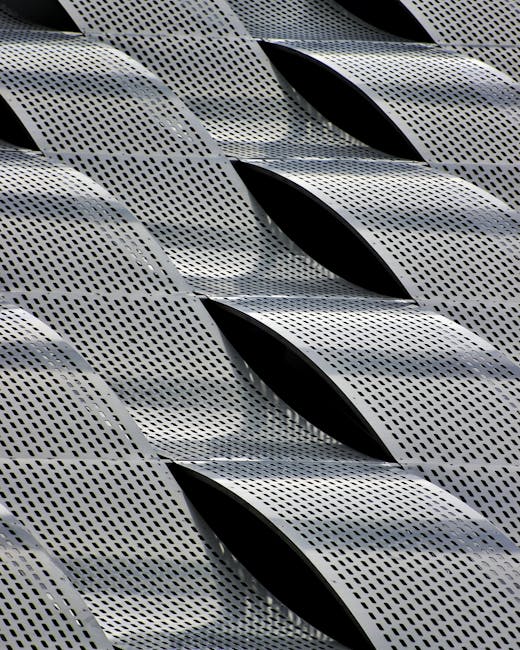 Incredible Advantages of Aluminizing
Incredible Advantages of Aluminizing
Aluminizing is an industrial process of surface modification in order to create aluminum diffusion coatings into steel. It is an economic process to inhibit corrosion by preserving the surface of the steel, stainless steel, and nickel alloy from severe high-temperature environments. Corrosion of metal is induced from the high temperature that results in oxidation, sulfidation, and carburization and that is the main concern of most industries, especially the petrochemical processing plant. The main purpose of this aluminization of steel is to process an alloy or any hard metal to provide resistance from heat and corrosion-free properties. Aluminized steel offers extreme corrosion protection to any integral component of steel. It is a cost-effective method that extends the life of your item and provides a lot of saving on maintenance costs and downtime.
Aluminizing is a high-temperature chemical vapor deposition process that coats the surface of metals which offers an excellent display of corrosion resistance. The aluminum vapors diffuse into the surface of the metal producing metallurgical aluminide alloys. Steel is the most common material workable to be aluminized with the specialized blend of powder which is combined on-site, these will establish optimal coating results. These aluminized steel or other known as carbon steel which is coated with an aluminum-silicon alloy will be processed in the method called hot dipping. This technique will create an ultimate tight metallurgical bond between the metal and its coating, thus producing a new combination of components of steel and aluminum.
The best characteristic of these aluminized steel is that it possesses a strength of steel with the advantage of having an aluminum surface quality. Most metallurgists and construction service workers prefer to use this kind of metal and steel blended composition because of its formability composure such as bend, fold corrugated and even roll without breaking. Other advantageous properties that you can benefit in aluminized steel is it can withstand and resist a high-temperature limitation. It also has a low thermal expansion coefficient and less likely to have a deformation even under a severe heat stress application. And importantly, it upholds a corrosion-resistant compound because of the aluminum oxide that protects the base of the metal. Commonly, these aluminized steel is a newly founded creation in most industrial companies, but its uniqueness of blended properties will lead this material to a newly favored choice to all construction companies, especially that it is more economical than any branded material.
Generally, there are two types of aluminized steel and it only varies on the thickness of its coating application. The type 1 aluminized steel possesses a thicker coating of 5-11% silicon and most of its usage consist of extreme cooking resistance management like cooking and heating. While the type 2 aluminized steel consists of pure aluminum coating which is thicker than type 1 and most manufacturers usually applied this material for the purpose of cladding and jacketing over insulation. Absolutely, this aluminized steel is regularly used for an application that involves high temperatures. That is why this is most favored in making incinerators, ovens, heaters, kitchen ranges, and barbeque burners. Furthermore, this aluminized steel material will not affect the taste or the flavor of the food thus making this a sanitary safety material for cooking wares like baking pans and pots.